In recent months, the cannabis industry in California has witnessed a notable shift in the landscape of THC potency levels. This trend towards lower THC potency is a significant departure from the traditionally high thresholds that have characterized the California cannabis market.
This change is not solely a matter of nature’s variance but a direct reaction to statewide implementation of stringent new testing regulations. Set forth by the California Department of Cannabis Control (DCC), these changes aimed to address the infamous practice of “lab shopping” – where businesses seek out labs that might provide inflated THC potency readings to boost their products’ prestige and prices.
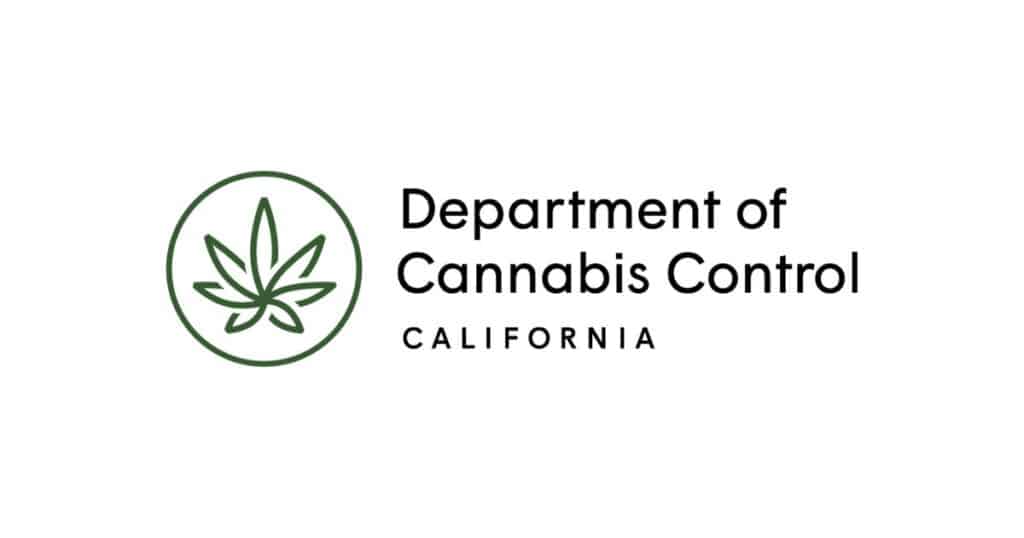
California’s cannabis pedigree is one of strength and notoriety. For years, products have boasted sky-high THC levels, setting the state apart as a hub for the ultra-potent varieties that lead to a varied mix of user experiences. This has been a double-edged sword; while such high THC iconicized California weed as some of the most potent on the market, it also led to concerns about the accuracy and ethics of laboratory testing, as statistics seemed more inflated than intuitive.
From a press release in 2022 “One of the challenges we face in regulating an industry that is not federally recognized, is the lack of standardized, and validated methods for testing,” said DCC Director Nicole Elliott. “Individual, licensed laboratories use different methods which may produce inconsistent results and inaccurate data on cannabis cannabinoid content. DCC is working to change that so there is greater integrity in the market, accurate information for consumers, and confidence among stakeholders.”
Per an article by SF Gate, the median THC potency for cannabis flower has been dropping for the past six months and fell 7% in the past three months alone, according to data shared with SFGATE by Headset, an analytics firm. The median THC potency in December was 30.7%, but as of March 1, it was hovering at 28.5%, according to Headset’s data.
The decline in THC levels emerges seemingly from the Department of Cannabis Control (DCC)’s measures to standardize cannabis testing across California. The DCC implemented Standard Operating Procedures (SOPs) last year for all accredited testing laboratories, establishing a uniform method for measuring THC potency.
“This a great first step but we really haven’t hit reality yet. The next data set we need to examine is the concentration of flower testing at certain labs. Other states have made this data available to the market and it’s clearly showed that the market is dominated by a few labs who are willing to cross the line and fudge numbers.” Antonio Frazier Founder of Fire Consults and DCC’s CAC Lab subcommittee chair told us.
“For consideration, there have been numerous recalls for micro testing recently. Without even trying to cheat, labs will get varying results depending on what vendor they use for micro. This should be the next focus of standardization” continued Frazier.
Given the revelations about THC potency decline and the implementation of stringent testing standards by the Department of Cannabis Control (DCC), one cannot help but wonder: were laboratories operating under vastly different procedures prior to these regulations, or does this situation shine a light on the more troubling practice of “lab shopping”?
“We certainly heard from customers and potential customers that they’re seeing potency values dropping at other laboratories,” Zach Eisenberg, a vice president at Anresco Laboratories told SFGATE. “Some labs were even proactively saying, ‘Be prepared for our results to be lower after this change.’”
The issue of inflated THC levels in the cannabis industry is a topic that has been circulating for years, pointing to a concerning trend towards prioritizing potency over product integrity. Consumers, drawn to the allure of high THC percentages, have shown a willingness to pay premium prices for what they perceive to be stronger, more effective cannabis products.
This consumer behavior has inadvertently encouraged some testing labs and cannabis businesses to view inflated THC levels as a strategic advantage for boosting profitability. The pursuit of higher profits has, in some cases, led to practices that compromise the accuracy of THC readings, casting a shadow on the credibility of lab results and the overall transparency of the cannabis market.
The Buffer
Testing laboratories in the cannabis industry were originally envisioned as neutral third parties, positioned precisely to ensure an unbiased bridge between consumers and businesses. Their fundamental role was, and remains, to provide accurate and trustworthy data about what is in cannabis products.
This critical function is especially important given that cannabis is not just a recreational substance but also a form of medicine for many. Every consumer has not only the right but also the need to fully understand the content and potency of their products, free from any external influences. The integrity of this system plays a monumental role in safeguarding public health and maintaining trust in the cannabis market.
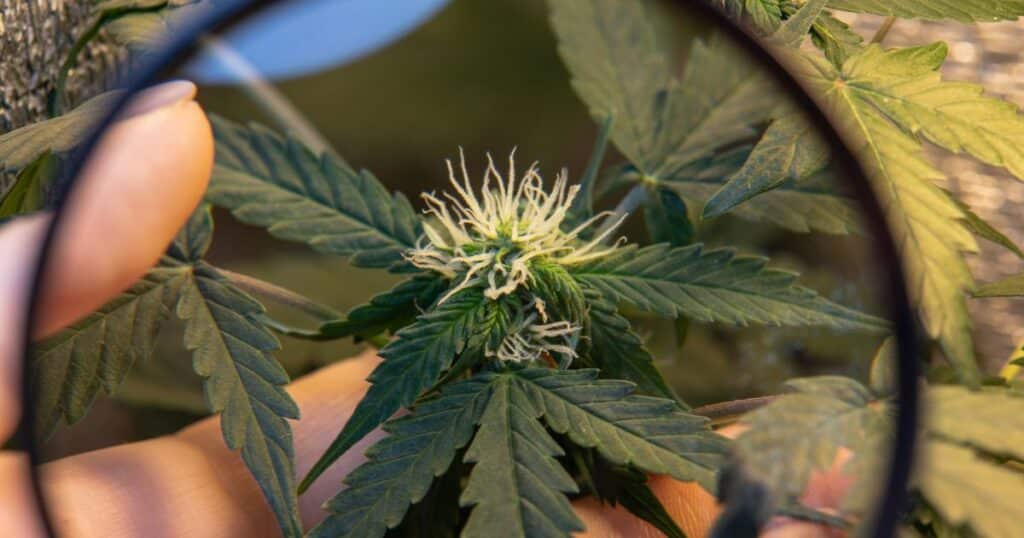
Overall, the recent adjustments to THC potency figures following the implementation of the Department of Cannabis Control SOP’s have not taken us by surprise.
On the contrary, they serve as a confirmation of what many within the industry have long suspected—the existence of “lab shopping” and its significant role in inflating THC potency levels. The harmonization of testing methods across the board brings to light these apparent discrepancies, attributing them not to a universal decline in cannabis potency but rather to the stop of selective reporting practices by various laboratories.
This move towards uniform testing standards is a step forward, marking a stride towards enhancing product and brand integrity within the cannabis industry. By eliminating the variability introduced by “lab shopping,” we can now ensure that product labels more accurately reflect the true content of cannabis products.
- Maryland Leads the Way in Cannabis Pardons, Setting an Example for Much-Needed Cannabis Reform
- Military Construction and Veterans Affairs Bill Amendments Could Change Medical Marijuana and MDMA-Assisted Therapy Options for Veterans
- Thailand’s U-Turn on Recreational Cannabis Use
- Chicago Police Department Revises Policy on Searches Based Solely on Marijuana Odor
- Ohio’s Senate Bill 56 Postponed, Leaving Details of Issue 2 Still Unresolved
- Sports Stars and Well Known Entertainers Join Forces Calling on Trump for Cannabis Reform

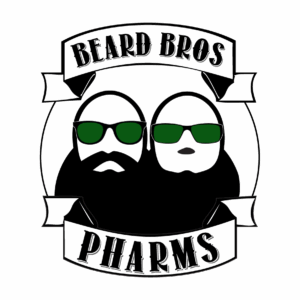

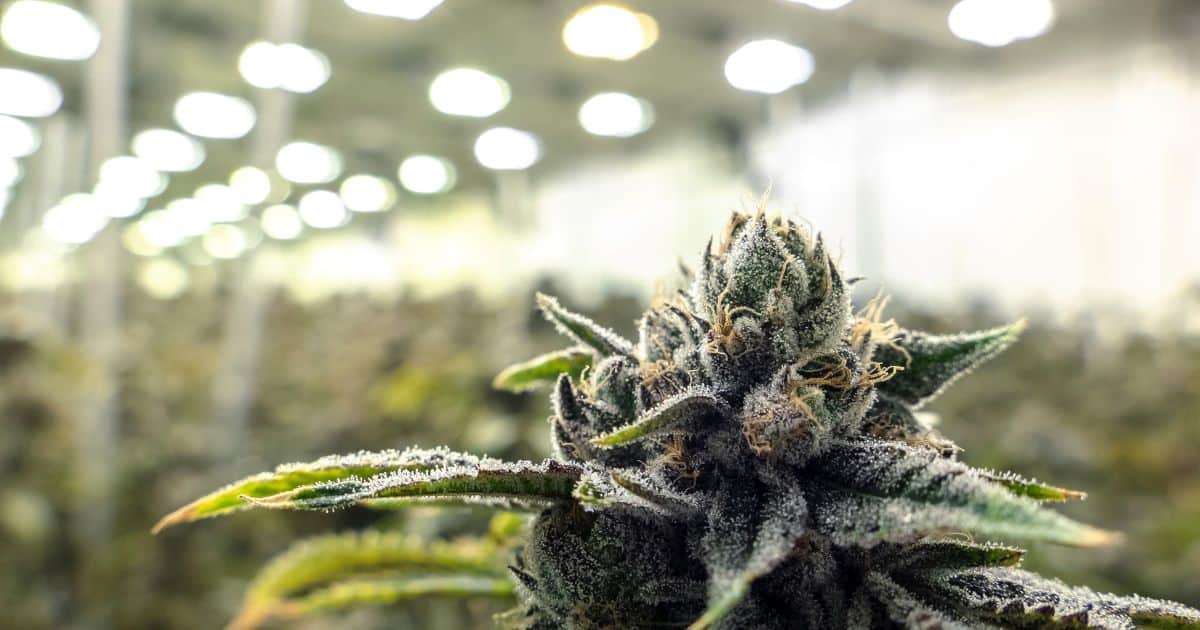



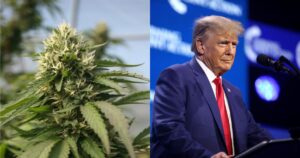
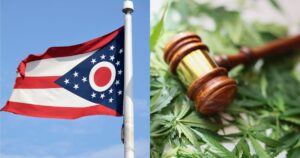





One Response
We had a test that was 33.3% in 2013 and in 2024 the same test results and COA at the Same lab was 25.47%.